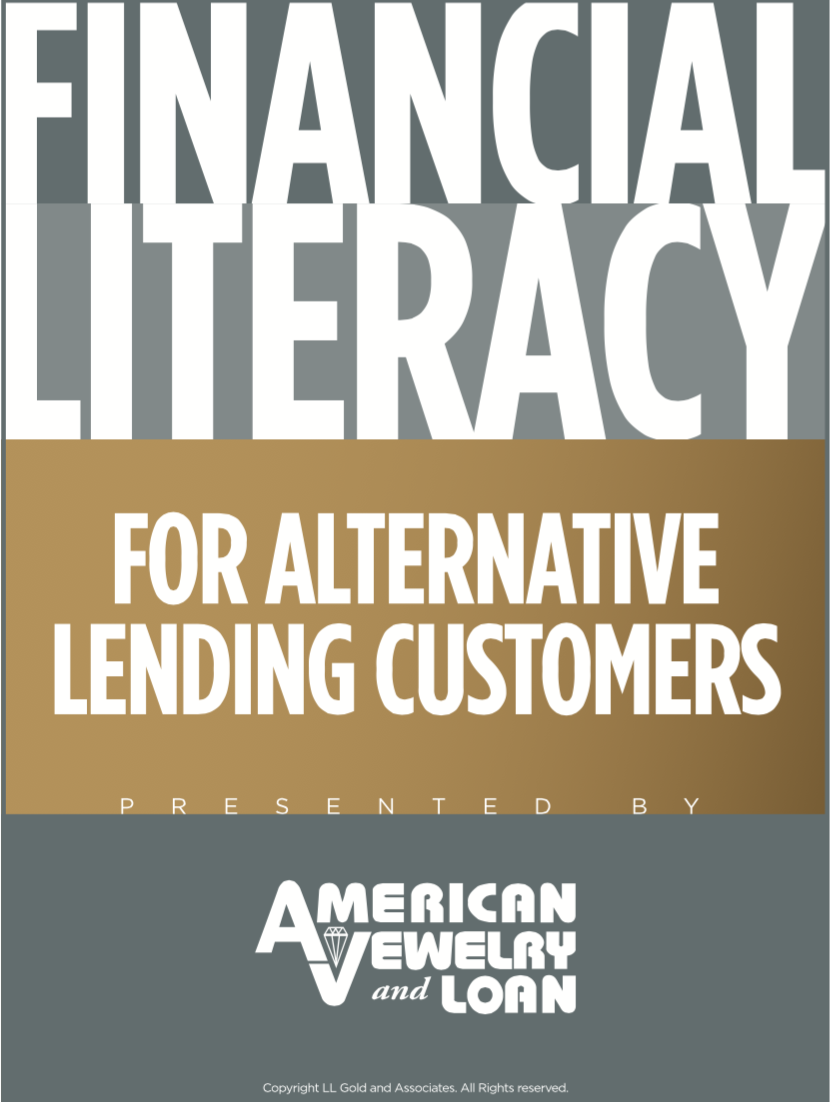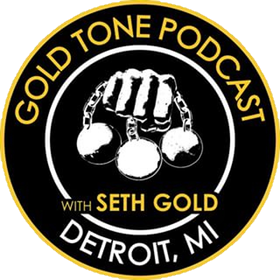
In October 2016, American Jewelry and Loan was proud to host a Financial Literacy workshop that’s the first of its kind in the nation. In partnership with Junior Achievement, Operation Hope, and Greenpath Financial Wellness, the aim was to help people understand how to make smart decisions about money. The response was overwhelmingly positive.
Now, a new workshop date and location is being announced. On Tuesday, May 16th, 2017, American Jewelry and Loan will host a Financial Literacy workshop for Alternative Lending customers from 5-7 pm at their Pontiac Location. That store is located at 546 North Telegraph Road in Pontiac. (Click HERE to RSVP)
The workshop will teach attendees “good habits that build good lives,” said Margaret Trimer-Hartley, President and CEO of Junior Achievement of Michigan, which is one of the groups hosting the workshop.
“We’re trying to just raise awareness,” she said, and “we’re doing it at an earlier age.”
Trimer-Hartley said financial literacy can be taught through explaining investment strategies as simple as opening a savings or checking account.
According to the Federal Deposit Insurance Corp., 7 percent of Americans did not have a bank account as of June 2015.
Without a bank account, households are often left with no choice but to turn to check-cashing services and other non-traditional methods to make transactions most Americans see as routine. Others often take loans that dive-bomb their credit scores because the terms of the loans aren’t often clear or easy to understand.
The workshop aims to mitigate some of those problems.
American Jewelry and Loan and its partners hope to bridge a gap he sees between his customers and people who turn to banks for loans. “My customers don’t have access to the traditional banking system,” he said. “Our customers deserve the same opportunities as everybody else … An informed customer is a better customer.”
His family has had a pawn shop in Detroit since the 1940s. Gold said the workshop stems from conversations he had with the Detroit Chamber of Commerce at the Mackinac Policy Conference over the summer, where financial literacy was often talked about.
He intends to define the difference between a loan from a pawn shop and loans from banks and other agencies that, if not paid back, can damage someone’s credit.
Trimer-Hartley said the workshop will touch on investment options, teach the importance of saving for retirement, of health insurance, and will help attendees understand the difference between renting and buying homes and the importance of good credit.
Having a checking or savings account is considered a cornerstone of financial stability in the U.S. Without one, households must rely on check-cashing services, prepaid debit cards and other costly ways to pay bills and make routine transactions. But the situation is improving: For every 10 households that were unbanked in 2013, one of those households is now banked.
While the gains were modest, the results of the survey from the FDIC offered an encouraging sign. The FDIC report was the most recent piece of data showing that the economic recovery is beginning to positively affect those at the bottom.
The improving economy likely had some effect on why more Americans opened bank accounts. Not only did more Americans making less than $15,000 open bank accounts between 2013 and 2015, but the number of Americans making less than $15,000 also declined.
“The poor have more money in their pockets, and more are able to afford bank accounts,” said Aaron Klein, a fellow in economic studies at the Brookings Institution.
There are several reasons why people choose not to have a traditional bank account. Some do not trust banks or want to avoid their fees, or they have privacy concerns, according to the FDIC’s report. There is also a perception among the unbanked that bank accounts are not for the poor. More than half of unbanked households said they believe banks are “not at all interested” in serving households like theirs, the report said.
But the No. 1 reason why Americans say they do not have a checking or savings account is that they believe they do not have enough money to get an account. The FDIC said roughly 57 percent of all unbanked households cited lack of money as a reason not to have an account, and roughly 38 percent of those same people said that was the main reason.
*NOTE: This article is comprised largely of information first reported in a Detroit News article.





